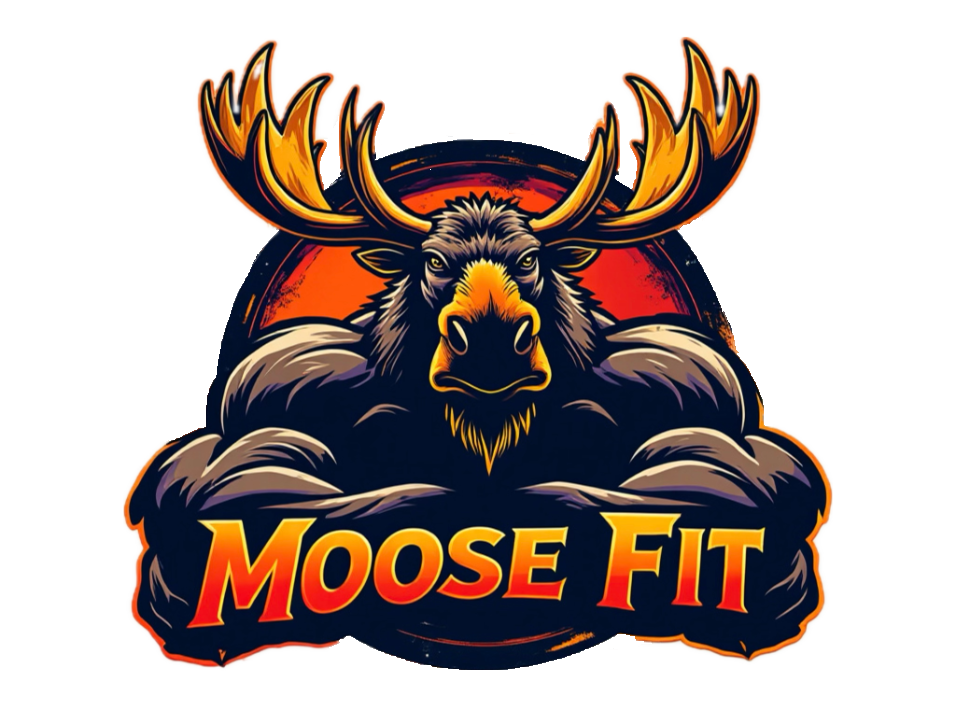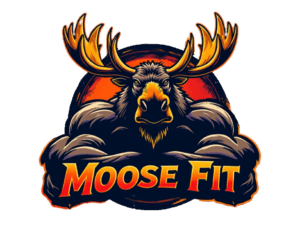National Fitness Recovery Day, celebrated annually on March 30th, emphasizes the importance of rest and recovery in fitness routines. It highlights activities like hydration, electrolyte replenishment, stretching, and relaxation, which are essential for muscle repair and overall well-being. The day serves as a reminder that recovery is just as crucial as exercise itself, helping to prevent injuries and support long-term health.

Taking rest days is crucial for exercise enthusiasts, as it’s during these periods that the body repairs and strengthens itself. Here’s why they matter:
- Muscle Recovery and Growth: Exercise, especially strength training, creates tiny tears in muscle fibers. Rest days allow these tears to heal and build back stronger, leading to muscle growth.
- Injury Prevention: Overtraining without adequate rest can strain muscles, joints, and connective tissues, increasing the risk of injuries.
- Improved Performance: Pushing through fatigue can lead to a decrease in performance over time. Rest helps restore energy levels, so you can train more effectively.
- Mental Well-being: Rest days provide a break from the physical and mental demands of training, reducing the risk of burnout and keeping motivation high.
- Hormonal Balance: Continuous intense exercise can increase levels of stress hormones like cortisol. Resting helps regulate these hormones, supporting overall health.
- Immune System Support: Overtraining can weaken the immune system, making you more susceptible to illness. Rest days help keep your immune system robust.
Incorporating rest doesn’t mean doing nothing—active recovery, like light stretching, yoga, or a leisurely walk, can keep you moving while still allowing your body to recover. Balance is key for both short-term gains and long-term health. How do you usually like to spend your rest days?
Disclaimer
The information provided on this website is for general informational and educational purposes only and is not intended as medical advice, diagnosis, or treatment. Always consult a qualified healthcare professional before starting any fitness program, changing your diet, or making decisions regarding your health.
The content on this website is based on personal experiences, research, and general wellness principles but may not be suitable for everyone. Results may vary, and individual health circumstances should always be considered.
We strive to provide accurate and up-to-date information, but we make no guarantees regarding the completeness, reliability, or effectiveness of any advice, workouts, nutritional guidance, or other recommendations found on this site. We are not responsible for any injuries, health complications, or adverse effects resulting from the use of information provided here.
By using this website, you acknowledge and accept that you do so at your own risk. If you experience any discomfort or medical concerns, discontinue any activity immediately and seek professional guidance.



Leave a Reply